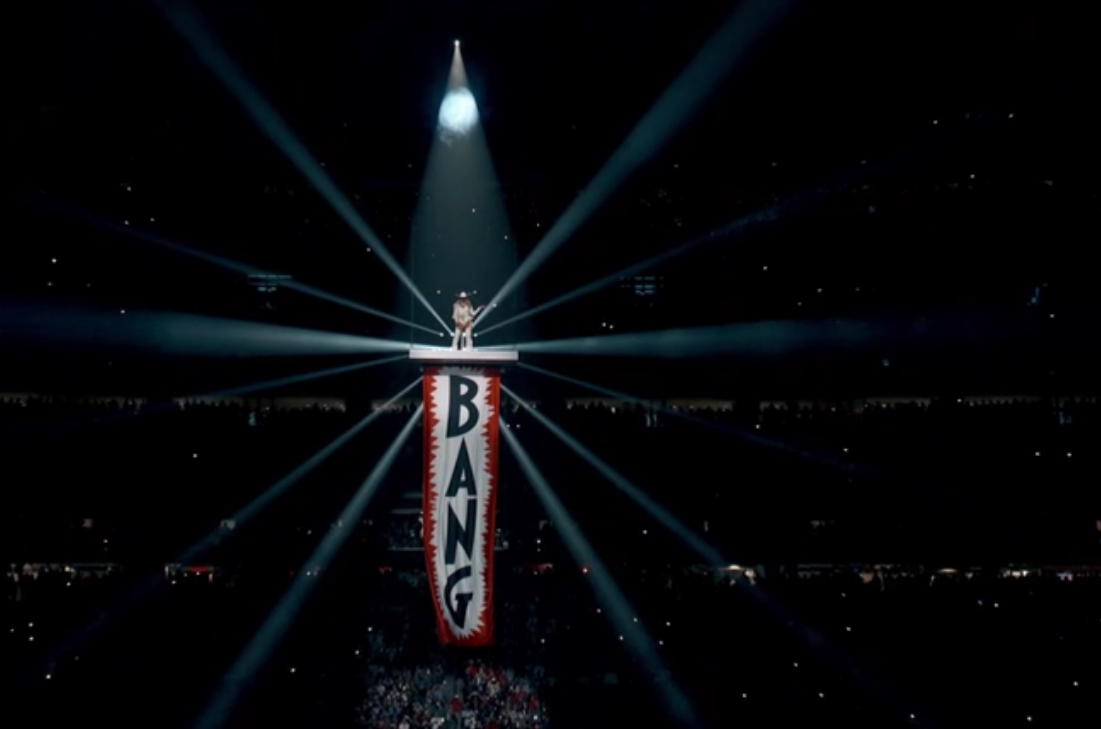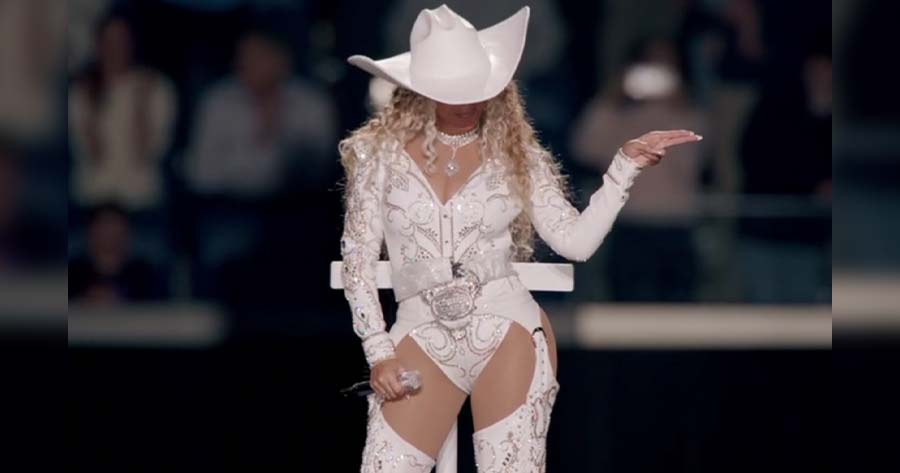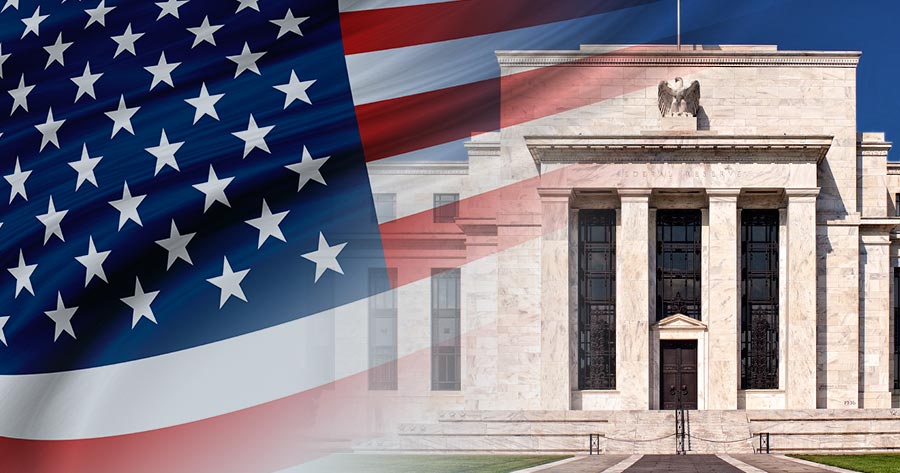In an era marked by heightened sensitivity and swift societal changes, the recent brouhaha surrounding Beyoncé’s halftime performance at the NFL Christmas Day game has spotlighted a unique American contradiction.
Her theatrical finger-gun gesture, showcased on an international platform via Netflix, sparked a wave of online debate. This controversy raises questions on the underlying hypocrisy of U.S. policies on gun symbolism, particularly in a nation profoundly entrenched in gun culture.

Incredibly, making a gun symbol of any kind on the NFL pitch incurs an automatic 15-yard penalty for unsportsmanlike conduct, including a fine from the league. This rule, designed to discourage violent gestures, applies to players but not to performers like Beyoncé. Yet, why is such a penalty deemed necessary in a country that sits atop global rankings for gun violence and whose cinematic landscape is dominated by action films glorifying gun use? This question remains inexplicable.
While the NFL’s management insists on the decorum of conduct under the guise of social responsibility, the broader American context reflects a stark hypocrisy. The U.S. frequently grapples with mass shootings and gun-related crimes. Yet, instead of grappling earnestly with these issues, the focus diverts to symbolic gestures as though silencing them might address the violence. This contradicts the cultural realism depicted in Hollywood’s profusion of shooting action movies.
The irony doesn’t end there. We find ourselves in an era labeled as the “softest” ever, where symbolism takes precedence. The Washington Redskins, a name once deeply woven into the NFL’s fabric, was rebranded to accommodate contemporary sensibilities labeled by some as overly “woke.” Perhaps, these efforts to sanitize gestures of violence on the field—despite the relentless real-world gun violence—exhibit a concerning lapse in priorities.
NFL executive Troy Vincent emphasizes the league’s attempt to align with today’s societal standards, asserting no place for violent gestures in professional sports. NFL Commissioner Roger Goodell echoes this sentiment, insisting that such actions send the wrong message. Yet, paradoxically, everyday American life is not mirrored through the same lens of reform or restraint when it comes to actual gun legislation.
This dichotomy beckons us to ponder whether these symbolic bans achieve their intended goal or merely serve as a Band-Aid, concealing the deeper societal issues of gun use. Instead of focusing solely on symbolic reform on the football fields, perhaps the U.S. needs a broader introspection on its culture and policies beyond gestures and symbolism. For in doing so, the nation can genuinely address its challenges, aligning its societal values with reality.





